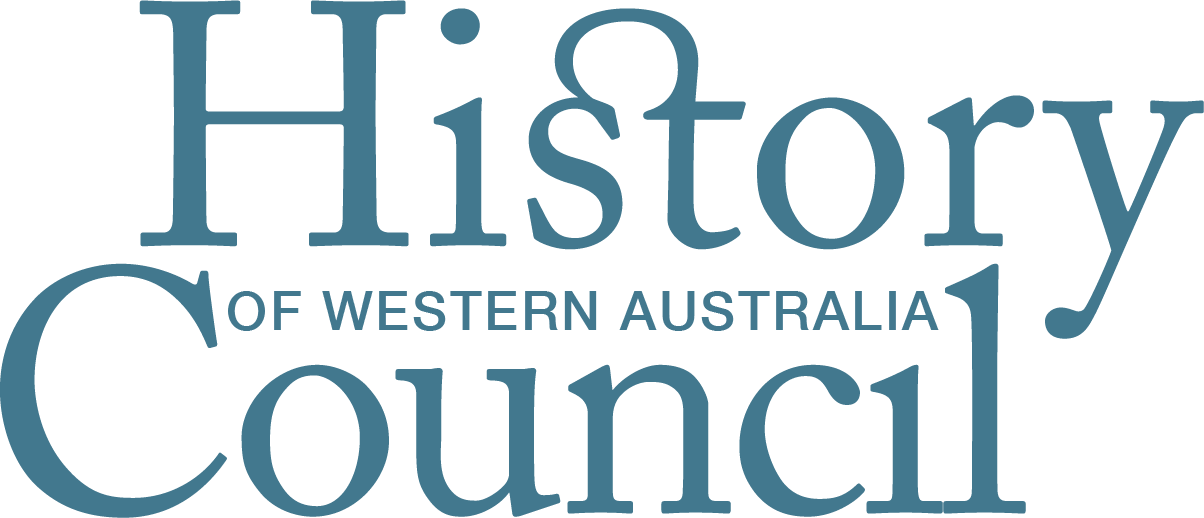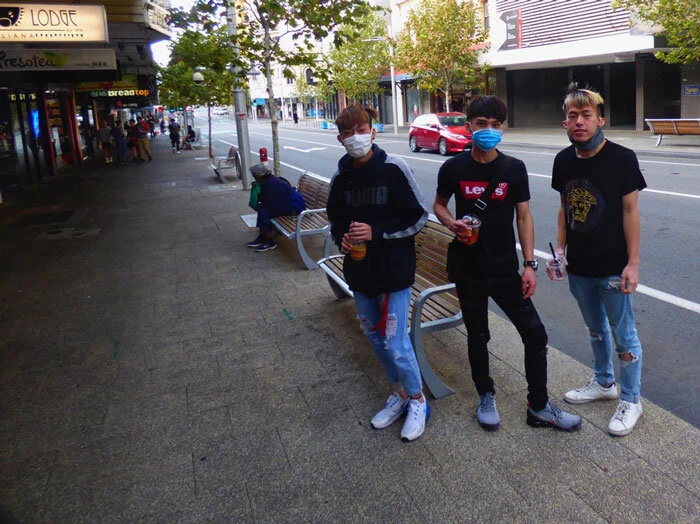COVID Collection News
The State Library, the Royal Western Australian Historical Society, the Museum of Perth, the Centre for WA History and others are encouraging or building collections of images and other resources related to Covid 19 and the Lockdown. Information on how and what to contribute is below.
Remembering Covid 19 and creating community archives
If there is one lesson to learn from history about pandemics and epidemics, it might be that, no matter how terrible they are the time, many seem to be quickly forgotten and receive little attention from future historians. Finding contemporary records and sources of such events, especially those created and kept by ordinary people in the suburbs and country towns, can be difficult.
Significant epidemics and pandemics in Western Australia during the twentieth century include the bubonic plague outbreaks between 1900-1907, the Spanish Flu pandemic of 1918-1919, and the Poliomyelitis epidemics of 1948-1956. Other epidemics are evident from the colonial period up to the present day.
Karrakatta Cemetery, April 2020, (photo by John Toohey)
The Centre for Western Australian History at UWA is encouraging people to keep a journal or diary of their observations and experiences during the outbreak and its aftermath. This will create primary evidence of the outbreak for future researchers and historians. We believe this is especially important in local communities, and encourage, where this is feasible, local people to record and document their personal experiences and the experiences of their local communities as they unfold, and how they feel and think about these experiences.
There is no particular recommended format for doing this, and no organised program. It is an encouragement for people to make a record in a way that best suits them and their local circumstances.
A journal or diary could be hand written, or it could be kept on a computer or other device, or it could be a voice recording of some sort, or it might be a visual record of photographs or sketches or other images, or it may be some combination of these forms. You might include photographs or drawings of artefacts such as ‘closed’ signs in shops, or empty (or otherwise) streets.
These records could be retained in personal or family collections or preferably, in time, donated to local library or historical society collections or State collecting institutions.
Keeping a journal or other sort of record is one way to ensure local communities and local governments can ensure their stories become part of the archive, and may be able to bring their recorded experiences to bear upon the ways in which the post-Covid-19 world is shaped.
Some local historical societies are also encouraging their members to record and document their experiences, such as Irwin Districts Historical Society in Dongara, while the North Midlands Project in Carnamah has launched its Creative@Home program for people in home isolation. I’m sure there are many more community and locally-based initiatives around the State worthy of support by all historians and researchers.
The Covid-19 outbreak will come to be seen (if it is not already) as a hugely significant historical event with very real consequences. The experiences of local communities are an integral part of that event and central to the stories by which it is remembered.
Covid Clinic, Midland Hospital, April 2020 (photographed by Bruce Baskerville)
Coal Dam Park, Midland, April 2020 (photographed by Bruce Baskerville)
COVID-19 Community Collecting for the State Library
The State Library is seeking material relating to the COVID-19 pandemic to add to the Library’s collection, that reflect the social response to COVID-19 and the changes to services and the community in Western Australia. If you have taken any photographs or have other materials such as flyers, leaflets, community notices, stickers or posters that you would like to offer to the Library, please refer to the relevant sections below for the donation process.
To donate individual and family materials like these, please visit the following link for more information: https://www.slwa.wa.gov.au/explore-discover/collecting-wa/donations-purchases
Links will take you to the appropriate forms to complete:
Archival materials – Individual and Family collections
Photographs – Individual and Family collections
Please email the completed forms to the Collection Liaison Team at collection.liaison@slwa.wa.gov.au.
Barrack St, March 2020 (Photograph by John Toohey submitted to the SLWA Covid-19 Collection April 2020)
Museum of Perth COVID Collection
The Museum of Perth will, over the coming months and years, work to chronicle the impact of COVID-19 on our community, and we need your help to do it.
Please submit your stories, experiences, photographs, recordings, videos or social media posts with us to contribute to our COVID-19 collection. Stories may reveal the shock felt as the outbreak starts, stocking up on supplies, catching up with friends and families, Street scenes, social media posts, audio or video recordings or any other medium.
We understand that some stories may be heart-warming and light-hearted but others may be personal and heartbreaking. We will respect your privacy if requested. The Museum asks that you identify the suburb in which you live and that you provide us your name and contact details, which we will not publish unless you give us the permission to do so.
Follow our Facebook page to see submissions as they’re published.https://www.facebook.com/museumofperth
To make a submission to the archive by email please contact info@museumofperth.com.au




